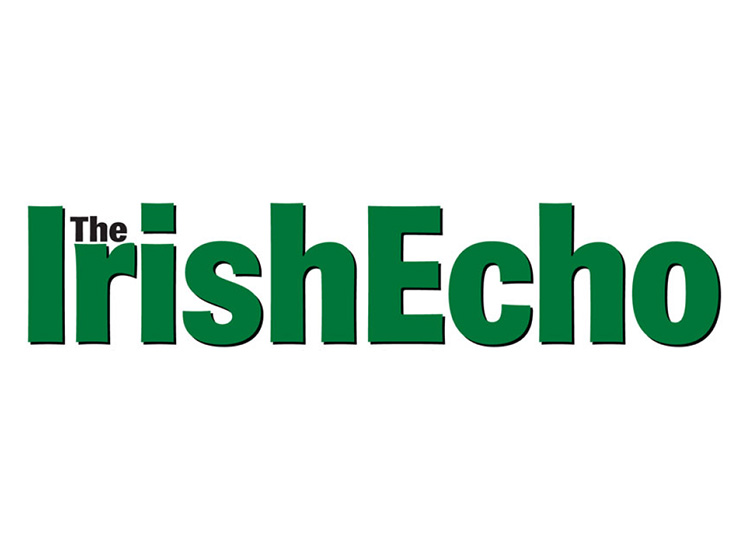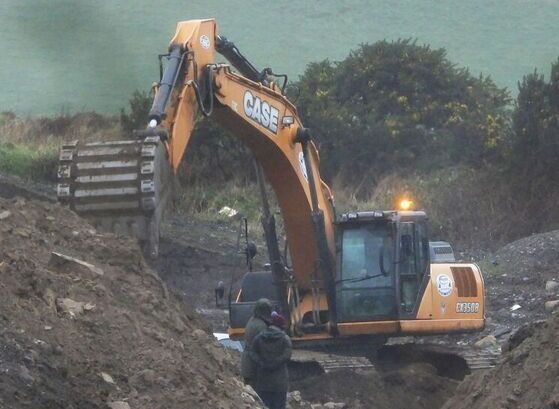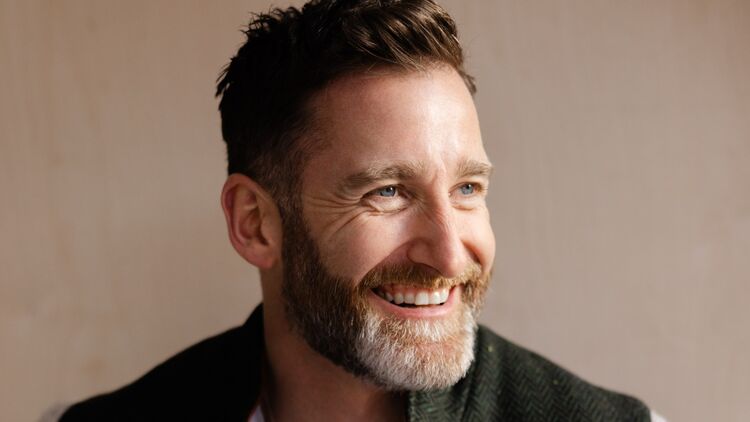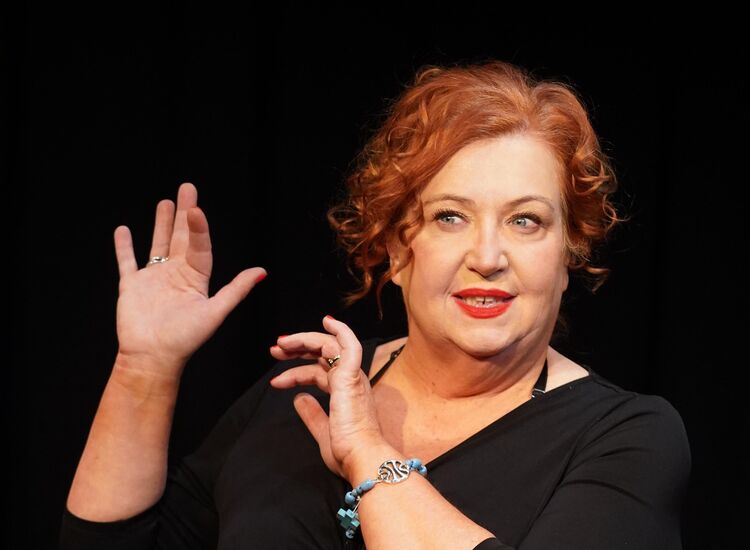[caption id="attachment_66938" align="aligncenter" width="600" caption="Douglas Hyde."]
On October 27 there will be an election in Ireland to select a successor to President Mary McAleese, who will have served two seven year terms and is constitutionally ineligible to run again.
The Irish president is the head of state, but not the leader of government. The situation is comparable to many other parliamentary democracies, such as Germany and Israel, and to all constitutional monarchies, like Britain, Spain, Belgium, and the Netherlands, and the Scandinavian nations.
The real governing is done by the prime minister (or taoiseach in Ireland) whose authority comes from the majority of the parliament, even if he or she has been formally invited to office by the head of state.
Up until 1938, since Ireland was still within the British Commonwealth, the head of state was the governor-general. He was named by the king, but on the advice of the Irish government, and, also on their advice, summoned the parliament into session, signed legislation, made appointments, and performed a variety of other symbolic roles.
De Valera reduced the importance of the office, occupied earlier by such prominent Irish national figures as Tim Healy and James MacNeill, by naming a less well-known party follower, Domhnall Ua Buachalla, to the post.
On de Valera's instructions, Ua Buachalla limited his role to simply performing the legally required functions of signing legislation and confirming appointments. He did not reside in the Vice Regal Lodge in the Phoenix Park and discontinued the social and ceremonial functions of the office.
Then, in a new constitution approved by the Irish people in 1937, the office of governor-general was replaced by a popularly-elected president who would reside in the Vice Regal Lodge, renamed Áras an Uachtaráin. Douglas Hyde, the founder of the Gaelic League, was selected unopposed.
In fact, up until now, half of the time a president has been selected without opposition. In view of the theoretically non-partisan and symbolic character of the office, this was probably appropriate.
But there were contests in 1945, 1959, 1966, 1973, 1990, and 1997.
The first four reflected the old Civil War rivalry. De Valera's ally, Sean T. O'Kelly, defeated Free State general Seán Mac Eoin in 1945. De Valera himself, when moving up (or retiring) to the presidency, defeated Mac Eoin in 1959 and narrowly topped Tom O'Higgins, a younger generation member of an important Free State-Fine Gael family, in 1966.
Civil War feelings were still at work in the 1973 contest to succeed de Valera, when O'Higgins lost to Erskine Childers, a Fianna Fáil leader and son of a man executed by the Free State.
The Civil War memories had gone by the time of the next contested election in 1990. The Fianna Fáil candidate, Brian Lenihan, Sr., was expected to win easily. However, a taped interview he had given to a graduate student some years caused embarrassment.
It demonstrated that he had acted in a constitutionally inappropriate manner in asking the president in 1982 (Paddy Hillary) to have Fianna Fáil leader Charles Haughey form a government instead of calling an election after the Fine Gael-Labour coalition government had lost its majority in the Dáil.
The revelation helped Mary Robinson, an independent endorsed by the Labour Party, win the election.
Mary Robinson used the presidency in an educational manner to advance Irish sensitivity to minorities and to women. She did not complete her term, opting to become the United Nations High Commissioner for Human Rights, a post possibly more attuned to her humanitarian interests.
Her successor, Mary McAleese, also a barrister and former Trinity professor, won in a contest in which all the candidates, but one, were women.
She ran for Fianna Fáil, Mary Banotti for Fine Gael, and Adi Roche for Labour, while Dana Rosemary Scallon, the former Eurovision Song Contest winner and conservative Catholic activist, ran as an independent. The one male contestant, Derek Nally, an independent, came in last.
No one challenged McAleese in her re-election year.
The election to her successor has the potential of marking a new Irish political divide: that between right and left, as is common in most countries.
Two developments have helped bring this about. One was the decision of Fianna Fáil to not contest the election for an office the party has always occupied aside from the terms of Mary Robinson and the non-political Douglas Hyde.
The other was the withdrawal and/or refusal of several independents to contest the election.
The Trinity scholar and member of the Seanad for Trinity, David Norris, celebrated for his enthusiasm for various libertarian causes, including the successful challenge in the European courts of the Irish laws against homosexual acts, was having difficulty getting the endorsements of either four county councils or twenty Oireachtas members required to get on the ballot.
His chances became even more unlikely when it turned out that he had pleaded on Seanad stationary to an Israeli court on behalf of a former partner accused and convicted of raping an under-aged Palestinian boy. Criticism, especially from liberals who were earlier outspoken at some of the hierarchy's tardiness in reporting sexually abusive clergy to the authorities, prompted Norris to withdraw. He has since moved to re-enter the contest, however.
Two other non-political celebrities suggested by some as candidates - the television host, Gay Bryne, and the sports announcer, Micheál Ó Muircheartaigh - indicated their unwillingness to run.
That left, at this writing, only two true independent candidates with the endorsement of four local government authorities: social activist Mary Davis and businessman Seán Gallagher.
Both parties sharing power in the government, Fine Gael and Labour, selected candidates after internal party conventions. Both had more than enough Dáil members to guarantee places on the ballot for their candidates.
The Fine Gael candidate, Dubliner Gay Mitchell, member of the European Parliament, is an ardent Christian Democrat conservative who has distaste for the orthodoxy of political correctness that many seek to impose on current-day Ireland.
The Labour candidate, Professor Michael D. Higgins, a former Dáil member, is a decidedly left-wing socialist.
Consequently, regardless of the aspiration that the office have a non-political character, the election result might certainly be interpreted as a measure of right-left sentiment and will invariably set a new tone to future political developments in Ireland.
On top of this, there is now Martin McGuinness, who will bring with him an entirely new dimension to a race that is becoming more crowded by the minute.








